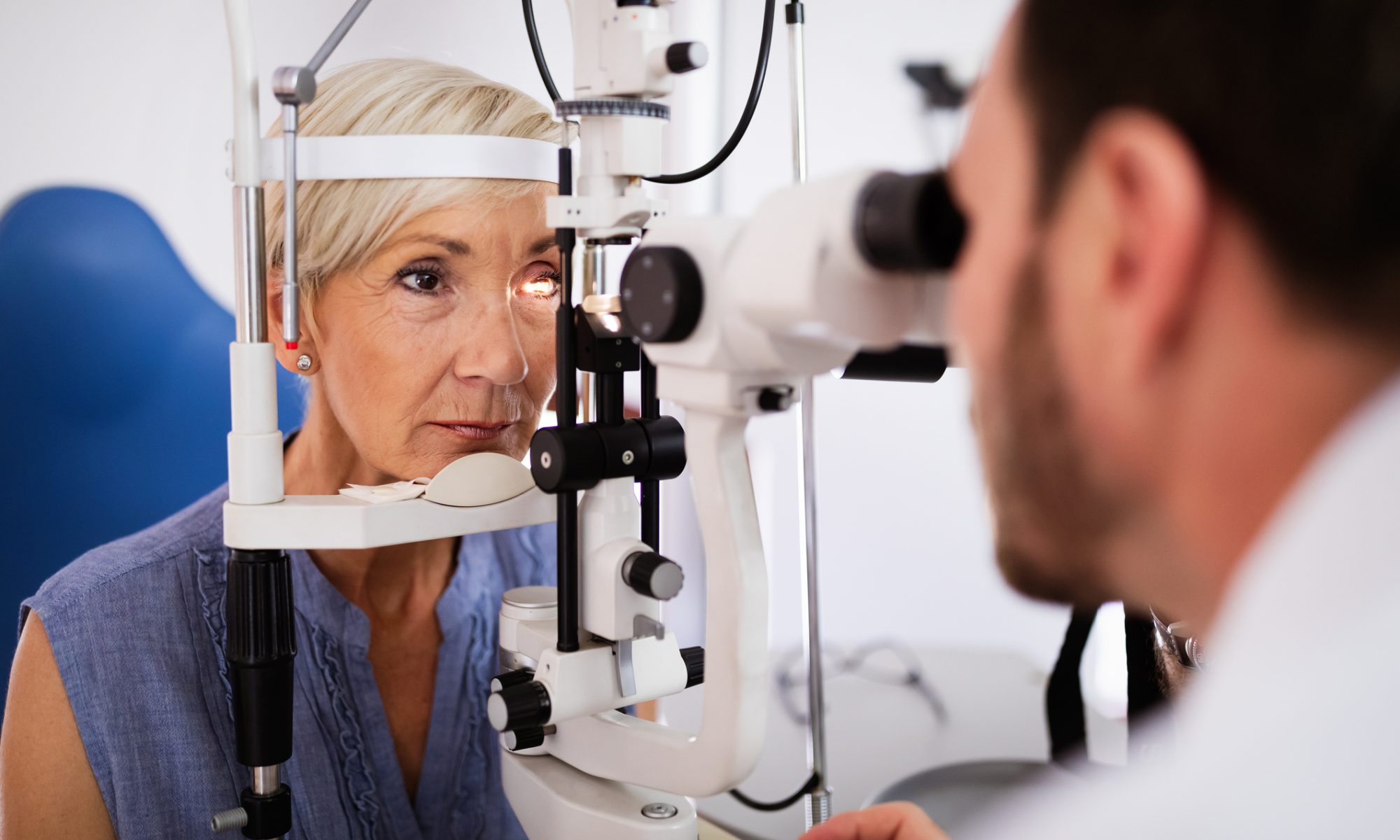— Here’s my legislative solution to put an end to this
by Arvind Venkat, MD
As an emergency medicine resident in the early 2000s, I cared for a patient in her early 60s with back pain. Prior to the passage of the Affordable Care Act (ACA), approximately 16% of emergency department patients were uninsured. Often their issues were of low acuity, again because they had no other place to see a physician. I assumed that to be the case with this patient, that I would treat her presumably musculoskeletal back pain, and discharge her. However, while treating her, I noticed she struggled to walk and clutched her gown across her chest. It was the clutching that really struck me as unusual. Read more in MedPage Today.







